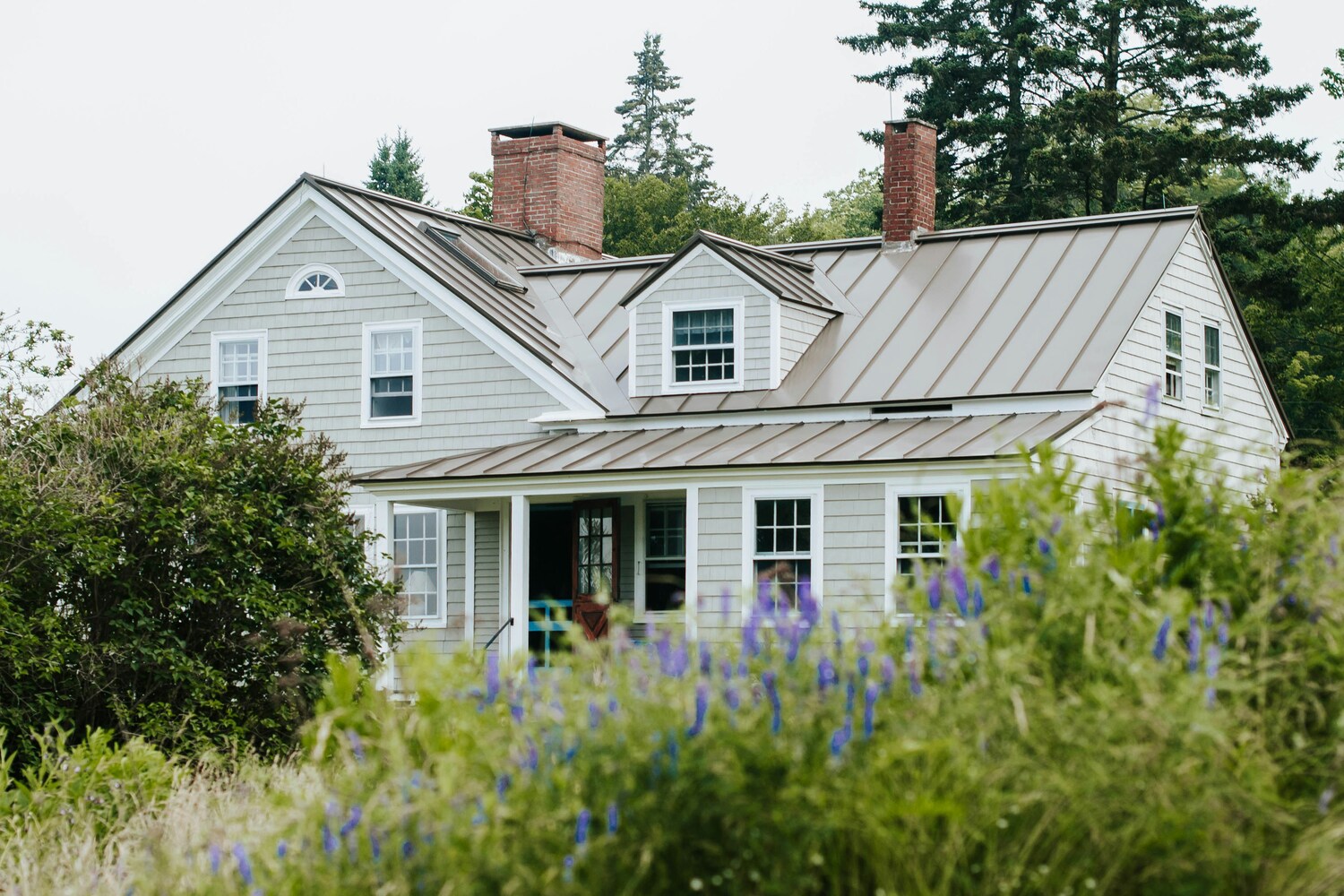

For many years, shopping for a house was the cornerstone of the American Dream—an emblem of stability, success, and maturity. However that dream is wanting much less attainable and fewer interesting to a whole technology. Increasingly more millennials are skipping homeownership fully, opting as an alternative to lease longer, stay with roommates nicely into their 30s, or forgo long-term housing commitments altogether.
It’s not only a part. This shift in perspective is a direct reflection of a world the place wages haven’t stored up with the price of residing, pupil debt is staggering, and the thought of a 30-year mortgage feels extra like a lure than a life aim.
So what’s actually happening? Let’s dive into the actual causes millennials are strolling away from homeownership and what that claims in regards to the economic system, society, and the way forward for wealth in America.
1. Crushing Pupil Debt Is Nonetheless Holding Them Again
One of many largest weights round millennials’ necks is student loan debt. Many entered maturity owing tens, and even a whole bunch, of hundreds of {dollars} for levels that didn’t essentially assure high-paying jobs. That debt impacts credit score scores, debt-to-income ratios, and total monetary flexibility.
When your month-to-month mortgage cost rivals a mortgage, however you’re not constructing fairness, saving for a down cost turns into a fantasy. Banks see pupil debt as a pink flag. Millennials see it as a mountain they’re nonetheless climbing earlier than they will even suppose about homeownership. In brief, it’s laborious to construct a home while you’re nonetheless digging out of a monetary gap.
2. Dwelling Costs Have Skyrocketed Past Actuality
It’s no secret that the housing market has exploded. Even modest houses in common neighborhoods have seen value tags double or triple within the final decade. Wages, alternatively, have barely budged in actual phrases because the early 2000s.
Millennials are painfully conscious that what their dad and mom purchased for $150K is now going for half 1,000,000 and that their present salaries can’t stretch that far. In lots of main cities, lease is already unaffordable, not to mention a mortgage, property tax, upkeep, and insurance coverage. They’re not refusing to purchase houses out of laziness. They’re making a rational financial resolution in a market that now not is smart.
3. Job Instability Makes Lengthy-Time period Commitments Dangerous
Earlier generations usually stayed in the identical job and even the identical firm for many years. That’s now not the norm. Gig work, contract positions, frequent layoffs, and the rise of distant work have created a unstable job atmosphere.
On this actuality, tying your self down with a 30-year mortgage and geographic immobility feels dangerous. What if you’ll want to transfer for work? What if the market crashes once more, and also you’re underwater in your mortgage? Many millennials worth the flexibleness to adapt, relocate, or change careers greater than the phantasm of stability that proudly owning a house used to supply.
4. Life-style Priorities Have Shifted
Millennials are sometimes criticized for “selecting avocado toast over actual property,” however this misses the purpose. They’re not frivolous. They’re intentional. Many would quite spend on experiences, journey, or private development than funnel each spare greenback right into a mortgage on a starter house they don’t even like.
Minimalism, sustainability, and mobility are shaping new definitions of success. Millennials are asking tougher questions: Why purchase a home within the suburbs when it isolates me from buddies, drains my checking account, and locks me into a life-style I don’t need?

5. Renting Isn’t the Enemy Anymore
For a lot of older generations, renting was thought of a short lived part earlier than “actual maturity.” However millennials are more and more difficult that narrative. Renting presents flexibility, much less upkeep, and, most significantly, decrease upfront prices.
With the rise of high-end leases, co-living areas, and even van life, right this moment’s renters usually really feel they’re residing extra authentically and affordably than buddies stretched skinny by homeownership. Some even make investments the cash they’d in any other case spend on down funds into shares, retirement accounts, or aspect hustles. To them, renting isn’t a failure. It’s freedom.
6. Millennials Don’t Belief the Housing Market
After watching the 2008 crash wipe out fairness and destroy lives, millennials are understandably cautious. They noticed their dad and mom lose jobs, houses, and retirement financial savings, usually unexpectedly. That trauma hasn’t pale.
To many, the housing market seems like a on line casino—unstable, unfair, and stacked in opposition to first-time patrons. They’ve seen the system collapse earlier than and don’t trust it gained’t once more. Mix that with ballooning mortgage charges, bidding wars, and company buyers snatching up starter houses, and it’s no marvel they’re skeptical.
7. They’re Delaying (or Redefining) Conventional Milestones
Marriage, youngsters, and profession stability used to precede homeownership. Nevertheless, millennials are delaying or opting out of these milestones altogether. With fewer individuals marrying younger and beginning households, the urgency to purchase a house has naturally decreased.
And for individuals who do need these issues ultimately, many are ready till they really feel financially safe, which is one thing that’s taking longer than ever. Within the meantime, they’re prioritizing schooling, journey, and self-discovery over mortgages and minivans. Homeownership is now not the assumed subsequent step. It’s certainly one of many non-compulsory paths.
8. Banking and Lending Programs Work Towards Them
Even when millennials can afford to purchase, they usually face tight lending standards, large down cost expectations, and hoops to leap by way of that earlier generations didn’t encounter.
First-time purchaser packages exist, however they’re usually complicated, aggressive, or restricted. And with rising mortgage charges, many discover that even when they qualify, the month-to-month cost doesn’t make sense for his or her life-style or long-term targets. Add predatory lending practices, appraisal discrimination, and baked-in systemic inequality, and it’s no marvel many decide out fully.
9. Some Simply Don’t Need to Personal, And That’s Okay
Essentially the most under-discussed purpose millennials skip homeownership? They merely don’t need to. Possession comes with accountability: repairs, yard work, taxes, insurance coverage, and shock prices. Some individuals simply don’t discover pleasure in these obligations. And whereas older generations might scoff, youthful ones are asking, “Is the emotional labor value it?”
For a rising variety of millennials, the reply is not any. And as an alternative of chasing outdated benchmarks, they’re defining success on their very own phrases.
Redefining the American Dream
Millennials aren’t working from accountability. They’re refusing to purchase right into a rigged system. They’ve executed the maths, seen the collapse, and requested the laborious questions. Many nonetheless need a house sometime, however not if it means a lifetime of debt, instability, or stress.
And others are realizing they don’t want homeownership to really feel profitable or safe. The American Dream is evolving, and this technology is rewriting it in actual time.
Do you suppose homeownership continues to be value pursuing, or is the dream formally outdated? Why or why not?
Learn Extra:
Millennials Are Not Bad with Money—They Just Inherited a Broken System
5 Financial Rules Millennials Are Breaking That Actually Make Sense
Riley is an Arizona native with over 9 years of writing expertise. From private finance to journey to digital advertising and marketing to popular culture, she’s written about all the things below the solar. When she’s not writing, she’s spending her time outdoors, studying, or cuddling along with her two corgis.